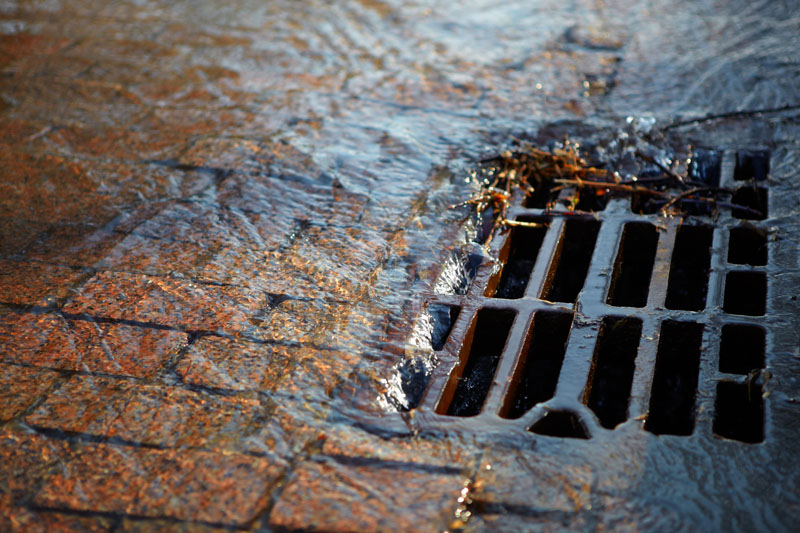
This past Monday, Governor Hogan’s Administration circulated a press release that praised Baltimore City and the nine largest counties in Maryland for having "met their requirements under state law to develop financing plans to reduce polluted stormwater runoff and protect and restore local waters and the Chesapeake Bay." A state law passed in 2015 required these local governments to issue financial assurance plans (FAPs) to prove that they could meet federal mandates to reduce polluted runoff. Unfortunately, the truth is that many financial assurance plans did NOT meet the requirements of the law and the Maryland Department of Environment (MDE) has done very little to enforce Maryland’s Watershed Protection and Restoration Program or encourage localities to do better in addressing stormwater runoff.
The law requires local jurisdictions to submit financial assurance plans (FAPs) to MDE that demonstrate that they can fully fund stormwater restoration projects in their area. Although the law also requires these jurisdictions to hold public hearings and get the approval of the local governing body, four out of the ten jurisdictions submitted their plans without holding a public hearing and/or without obtaining approval from the local governing body. Additionally, many of the plans explicitly failed to prove that those jurisdictions could actually fund stormwater projects. For example, several counties cited nutrient trading as a funding source, but nutrient trading has not been recognized by MDE as a method of remediating stormwater nor tested to see if it will actually work. Other counties relied on obtaining state grants that they have not applied for, and which are not guaranteed. And yet, despite these substantive flaws, MDE has chosen to approve all ten FAPs.
It’s time for Governor Hogan to stop politicizing stormwater run-off and get to work on addressing this issue – polluted runoff is still increasing and has surpassed wastewater as a source of pollution to the Chesapeake Bay. The costs are too great to continue to ignore the incredibly negative impact that stormwater has on Maryland’s most treasured natural resource.


